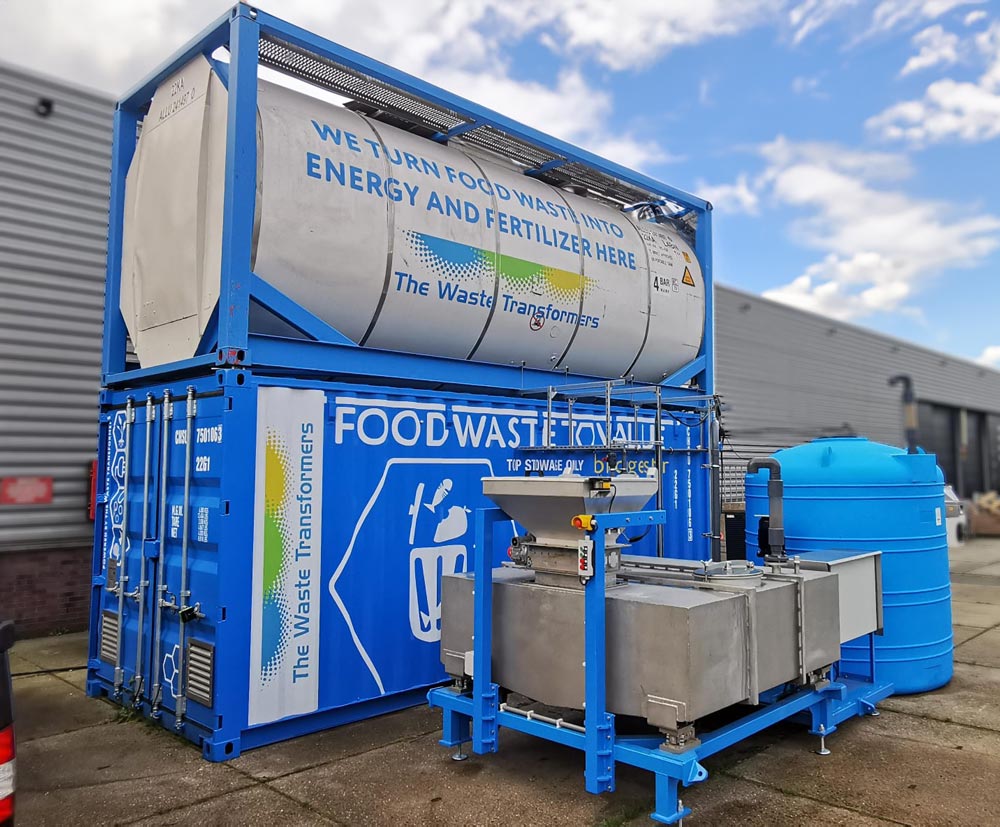Today, more people are choosing products and services that are better for the environment. This ‘greener’ choice often makes them feel good about themselves. This feeling, known as a positive moral self-image, comes from making decisions that align with their values. When people buy eco-friendly products or book rooms in sustainable hotels, they are not just making a purchase — they are supporting their identity as caring and responsible individuals.
But why should businesses think about this? The company of tomorrow needs to be created today. Understanding and catering to this desire can build strong customer loyalty and enhance brand reputation. When companies help customers feel good about their choices, they are more likely to earn their trust and support.
Understanding positive moral self-image:
To create a win-win situation, for a business and the consumer, businesses need to further address the growing demand for sustainable practices. Create opportunities to tap into the psychological benefits that drive consumer behavior and steer brand preferences. With visible sustainable actions, thereby using strong communication at multiple customer touchpoints, not only helps the environment but also strengthens the relationship between the company and the consumer. Regarding the concept of positive moral self-image, the following should be taken into account:

- To maintain a positive self-image, an individual is driven by the desire to see themselves as good.
- Morality is at the core of personal and social identity, shaping how individuals view themselves and are viewed by others.
- A positive moral self-image can strongly influence consumer purchasing decisions towards sustainable choices.
How to leverage this moral phenomenon as a business?
As sustainable options can influence the choices of consumers in their consideration set, companies can leverage this psychological phenomenon within the framework of the 4Ps: Impact of a solution on a company’s Profit, People, Perception and Planet. The strategic direction of a company influences their impact with the 4Ps. How can a positive moral self-image positively influence each individual P?
1. Profit
Sustainable solutions implemented in a company can be a key differentiator for businesses, helping them attract customers who value environmental and social responsibility. When companies emphasize their sustainable practices, it will enhance their brand image, which in turn fosters customer loyalty and can lead to increased sales and long-term profitability. For example, companies that engage in sustainable marketing find that their brand image improves, leading to higher customer engagement because consumers have a higher positive self-image when purchasing a product or booking a hotel room, which ultimately boosts profits.
2. People
Sustainability initiatives resonate deeply with consumers and a company’s employees. Particularly those who prioritize ethical and environmentally friendly practices. When individuals make sustainable choices, such as purchasing from or working at eco-friendly companies or sustainable hotels, they align their actions with their values, reinforcing a positive moral self-image. This alignment reduces cognitive dissonance and enhances their emotional well-being, making them feel good about their contributions to larger societal goals. It can also influence people work place happiness and reduce the amount of absence days by employees.
3. Perception
Sustainable tangible actions enhance a company’s reputation. Being perceived as environmentally responsible can attract new customers and retain existing ones who share these values. This perception is crucial in a competitive market where sustainability can set a company apart. By engaging in sustainability, businesses not only improve their public image but also position themselves as leaders in their industry, which can attract environmentally conscious investors focused on ESG (Environmental, Social, and Governance) criteria or receive preference from corporate accounts calculating their Scope 3 emissions when using products or services provided.
4. Planet
Sustainability directly impacts the environment by reducing resource use and waste, conserving energy, and minimizing pollution. Businesses that adopt sustainable practices contribute to the well-being of the planet, which is increasingly becoming a critical factor for consumers, governments and public opinion.
The companies of tomorrow, are created today. Taking into account the concept of positive moral self-image will influence B2B choices that can bend the future in the right direction.

Transforming food waste on–site with a Waste Transformer
One effective way hotels can embrace sustainability and boost their guests’ positive moral self-image is by managing food waste efficiently. A modular biodigester is a great ‘tool’ for this. It turns food waste into useful resources right on the hotel’s property. This practice not only reduces the hotel’s environmental impact but also sends a powerful message of responsibility and innovation to the guests.

What are the key benefits of transforming food waste on-site?
- Environmental benefits: Less food waste in landfills means fewer methane emissions, a harmful greenhouse gas trapping heat in our atmosphere.
- Resource efficiency: Turning food waste into clean energy, reduces the need for outside waste management services and lowers transportation emissions.
- Tangible awareness: Valorizing non-preventable food waste, allows businesses to show their conscious guests to join a food waste to value tour. It makes the concept of food waste reduction visible, inspiring and motivates people to act and waste less from the buffet.
- Cost savings: Over time, reducing waste management costs will save the hotel money, will reduce the amount of food wasted and forthcoming purchasing costs.
- Guest engagement: Sharing these sustainable practices with guests can enhance their positive moral self-image, making them feel part of the solution and more connected to the hotel’s values compared to staying in a competing hotel.
The Waste Transformers perfectly embody sustainability within the 4P framework — Profit, People, Perception, and Planet. Our commitment to allow businesses to transform food waste into clean energy on the company’s property aligns perfectly with the principles outlined here. Through modular on-site biodigesters, we not only address environmental concerns but also empower individuals and businesses to change the status quo, to make individual sustainable choices, and reinforce positive moral self-image.
About The Waste Transformers: The Waste Transformers is a Dutch cleantech pioneer, providing on-site innovative technologies to transform unavoidable food waste into sustainable energy and natural fertilizers, enabling local positive change.
Do you want to follow us on social media? Give us a page like on LinkedIn and Instagram.
Curious how our installation works? Watch our short movie here.
Become a frontrunner in your industry

Hotels

Airports

Universities

Communities

More industries
Get in contact with us to learn more about the possibilities of using an installation on your site to generate value from waste.
> Return to other news

